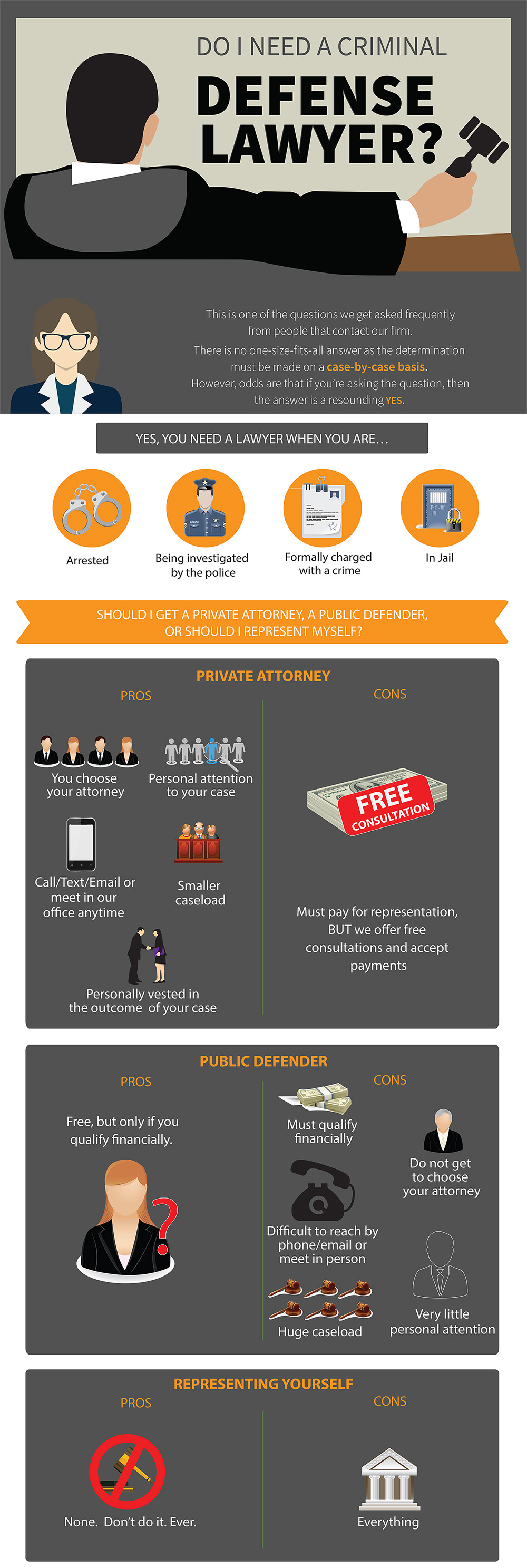Knocking At The Door Of Our Economy, White Collar Crime'S Kaleidoscope Of Consequences Waits For, Exposing A Pricey And Complicated Web Of Damage
Knocking At The Door Of Our Economy, White Collar Crime'S Kaleidoscope Of Consequences Waits For, Exposing A Pricey And Complicated Web Of Damage
Blog Article
Authored By-Mack Neergaard
Imagine an immaculate yard, very carefully nurtured over years, loaded with vibrant blossoms and rich plant. Now, just click the next site of dangerous insects quietly infiltrating this place, gnawing away at the roots and flowers, leaving a trail of destruction.
This metaphor appropriately catches the cost of clerical criminal offense, a sneaky threat that penetrates our economic climate with ruining repercussions. As you enter this discussion, prepare to reveal the hidden economic influence of clerical crime and the far-ranging repercussions that stick around long after the criminals have actually disappeared from the scene.
The Financial Toll of White Collar Crime
White collar criminal offense exacts a heavy financial toll on individuals, organizations, and the general economy. It isn't simply a victimless criminal activity or a small hassle. The consequences are far-ranging and damaging.
When individuals succumb to clerical criminal offense, they usually shed their life savings, their homes, and their complacency.
Organizations, on the other hand, suffer massive monetary losses because of fraudulence, embezzlement, and other kinds of clerical crime. These criminal activities cause decreased revenues, damaged credibilities, and even bankruptcy sometimes.
Moreover, the economic climate overall suffers as clerical criminal activity undermines trust in the monetary system, decreases consumer confidence, and obstructs financial growth.
The financial toll of white collar crime can't be ignored, and it's important that we take strong procedures to avoid and battle this kind of criminal task.
The Disintegration of Count On Institutions
The disintegration of trust in institutions issues of white collar criminal activity that has far-reaching effects for individuals and culture. When clerical criminal offenses are committed by individuals ready of power and authority, it undermines the count on that individuals have in those establishments.
This erosion of depend on can have numerous negative results:
- ** Loss of belief in the justice system **: When people see those in effective placements escaping white collar crimes, it can cause a loss of belief in the justice system. Individuals may feel that there's a lack of liability for those who dedicate such criminal activities, which can erode rely on the lawful system.
- ** https://www.aclu.org/news/criminal-law-reform/if-you-care-about-freedom-you-should-be-asking-why-we-dont-fund-our-public-defender-systems in banks **: White collar criminal activities usually include financial fraudulence and control. When people or institutions are condemned of such criminal offenses, it can result in a reduction in confidence in financial institutions. This can have a negative impact on the economy as individuals might be reluctant to invest or rely on these institutions with their money.
- ** Deteriorating of social fabric **: Rely on establishments is a basic column of a working society. When that count on is deteriorated, it can bring about a weakening of the social textile. People may become a lot more cynical and skeptical of establishments, which can bring about a malfunction in social communication and teamwork.
Long-Term Economic Effects
Loss of count on establishments as a result of white collar crime can have long-lasting financial effects.
When people and services lose faith in the honesty of organizations, they might become hesitant to invest or participate in economic tasks. This lack of count on can bring about a decrease in customer investing, as people become much more careful with their cash.
Additionally, companies may hesitate to form collaborations or participate in agreements, being afraid that they'll be made the most of by underhanded people.
The long-term financial effects of this loss of trust can consist of slower economic development, minimized job development, and lowered market competitiveness. It's critical for organizations to attend to clerical criminal offense and bring back count on order to guard the long-lasting economic wellness of a country or region.
Conclusion
Finally, the financial influence of clerical crime is staggering, with effects that reach much beyond simply financial losses. It wears down the depend on we position in our institutions, leaving a space that's challenging to fill.
Like a ruthless tornado, clerical crime leaves a long-term mark on our economic climate, leaving us to come to grips with its aftermath for several years to find.
